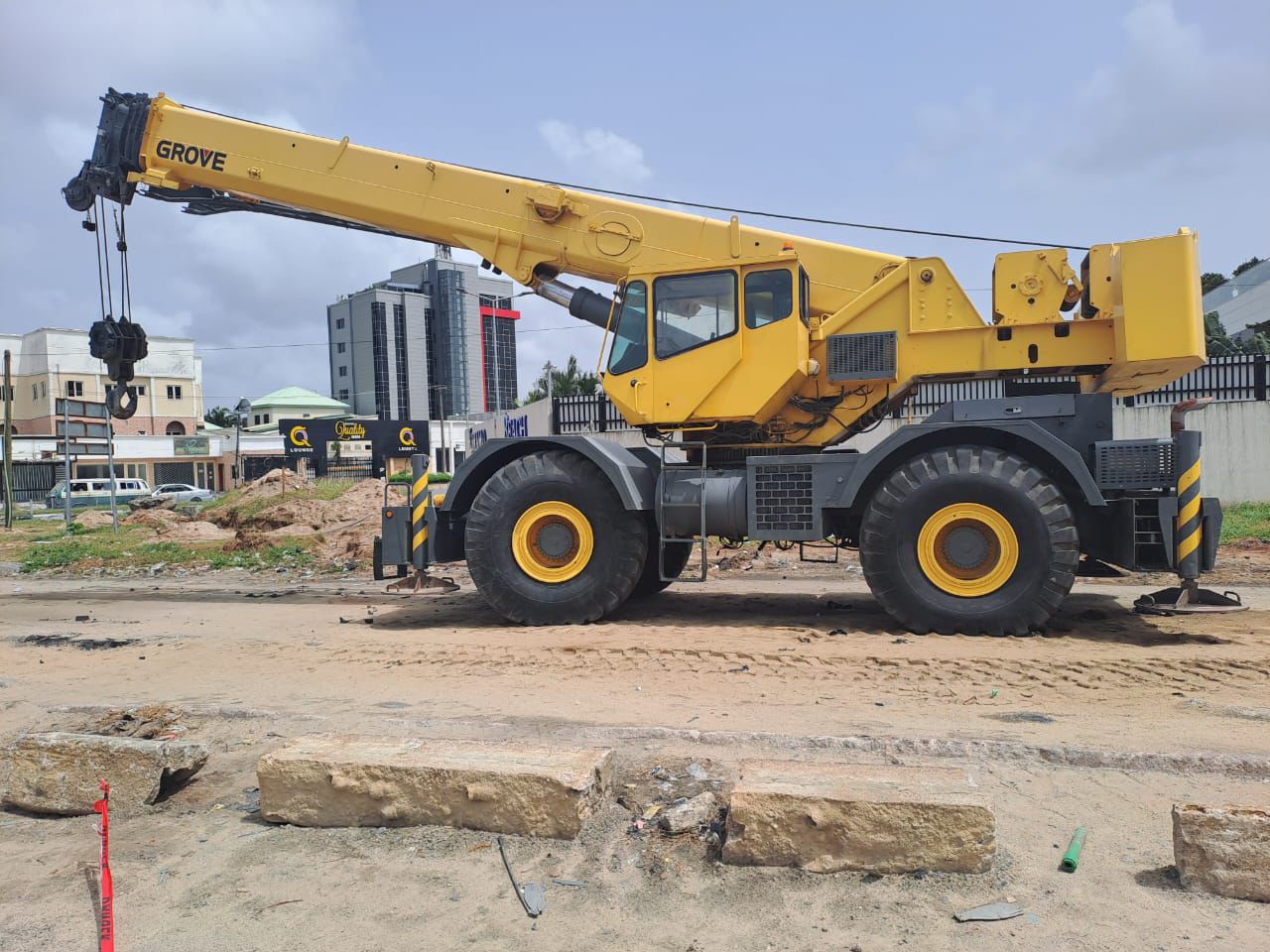Barely a month after the Federal Executive Council approved the construction of the Lagos-Calabar Coastal superhighway, the contractor has moved to site to build what will be a monumental civil engineering project that Nigeria has ever seen. Since the construction of the iconic Third Mainland Bridge that stretched over 11 kilometres across the lagoon, the Lagos-Calabar Coastal road will usher in a new era of ambitious road infrastructural development projects in Nigeria. The Third Mainland Bridge, one of the longest bridges in the world, started during the administration of President Shehu Shagari in 1980. It was completed 10 years after, in 1990, by the military administration of President Ibrahim Babangida. When completed, the 700km long coastal highway will also enter the world record books among iconic coastal routes like the Wild Atlantic Highway in Ireland and the Pacific Coastal Highway in the United States. The first phase of the new 700km highway that will run through the nine coastal states is the 47.47km section beginning from Victoria Island. It has five lanes on each side of the dual carriage way and a train track in the middle. The superhighway is being built by Hitech Construction Company. Part of the funding will be sourced by Hitech, the contractors. Starting from Ahmadu Bello Way, Victoria Island in Lagos, the Coastal road will pass through Lekki Deep Seaport, Ogun, Ondo, Delta, Bayelsa, Cross River and Akwa-Ibom States. At a recent press briefing, Minister of Works, Senator David Umahi, said the Coastal road would have two spurs that will link up with Northern Nigeria to further integrate the North and South in terms of movement of the people, goods and services. Economic analysts have revealed that the completion of the first phase of the project alone could increase the size of Lagos State economy by 50% because of the connection to Lekki Deep Seaport and the Lekki economic corridor where Dangote Refinery and Petrochemical Complex is situated alongside other multinational industries. One of the fascinating and interesting features of the coastal road is how it will compress the distance between Lagos and Ondo State. For instance, the distance from Ibeju-Lekki in Lagos to Araromi in Ondo State is about 50 kilometres along the coast. This distance translates to about an hour journey. From Araromi to Ore, a major connecting hub in Ondo State is about another 50 kilometres, whereas the existing route from Ibeju-Lekki to Ore currently in use by motorists is 150 kilometres.
March 25, 2024, 3:31 pm
THE TRANSFORMATIVE POWER OF LAGOS-CALABAR COASTAL SUPERHIGHWAY.

Share this post: